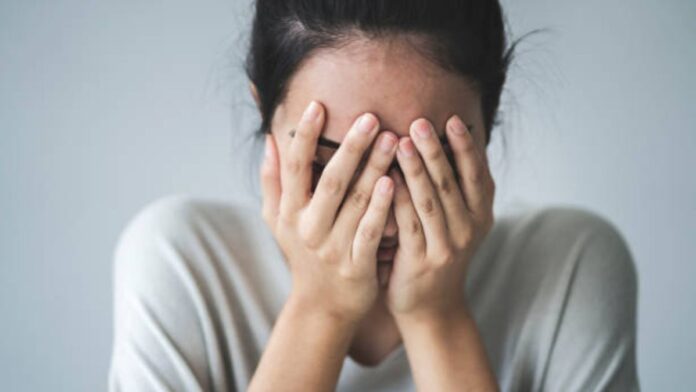Those who suffer from depression will be glad to know that some natural alternatives to pharmacological treatments exist. One of them is Cannabidiol (CBD), which has been shown to help people who suffer from depression. This compound is thought to work by activating Serotonin receptors, which are essential in the brain’s neurotransmitter system.
Cannabidiol
Despite all the hype surrounding marijuana, the cannabis industry still lacks robust clinical evidence that it is effective at treating depression. Instead, most studies on cannabis have focused on its therapeutic potential in other conditions.
Cannabidiol is a compound found in the cannabis plant that has some very intriguing properties. It can potentially improve brain function in neurodevelopmental and neurological disorders. It also helps to alleviate symptoms of anxiety and psychosis.
In addition, the compound has been found to reduce symptoms of peripheral neuropathy. It also has the potential to improve cognitive functions and reduce stress.
There is evidence to suggest that cannabidiol may also aid in brain regeneration after injury. It also works well as an anti-inflammatory. Even though the Food and Drug Administration currently bans it, there are many places around the world where you can purchase the drug.
Cannabidiol and depression may be an unlikely pairing, but research suggests that both compounds may play a role in the cure.
Serotonin Receptors
Several studies have shown that CBDA has a greater affinity for 5-HT1A serotonin receptors than CBD. This may be a significant factor in treating depression. Despite this, CBDA still needs to be thoroughly tested in human trials. Many questions still need to be answered about its effectiveness.
Researchers have been studying CBDA for about a decade. Its effects are still unknown, but scientists are interested in its potential as a medicine. For example, it may help treat various medical conditions, including stress, pain, and nausea. It may also help suppress the spread of breast cancer cells.
Several studies have shown that CBDA may be effective against nausea. For example, one study compared CBDA to ondansetron, a common antiemetic drug. While both drugs were effective, CBDA was significantly more effective. This was particularly true in blocking COX-2, an enzyme involved in the lining of the stomach and intestinal tract.
CBDA has a similar structure to commonly used NSAIDs, such as ibuprofen. However, its design also contains an acidic component that plays a significant role in its ability to inhibit COX-2. This acidic component also plays a vital role in inhibiting inflammation.
Non-Pharmacological Treatments
Several studies have investigated non-pharmacological interventions for depression. These can include behavioral activation, mindfulness-based therapy, and formal psychological therapies.
Studies have found that non-pharmacological interventions have a beneficial effect on depression. The most substantial evidence for this has been found in reducing depression in people with chronic physical health problems.
Despite this, the efficacy of non-pharmacological interventions is not as clear-cut as it may seem. Non-pharmacological interventions can be as simple as engaging in exercise or reminiscence therapy. These methods can potentially be practical additions to drug treatments for depression.
Non-pharmacological treatments for depression can be tailored to individual needs. They are also flexible, allowing them to be adapted to each person’s circumstances.
There are several non-pharmacological treatments for depression, including cognitive behavioral therapy and reminiscence therapy. These are designed to address behaviors, thoughts, and feelings. Combined with exercise, reminiscence therapy can improve cognitive functions and decrease depression symptoms.
Viable Treatment
Symptoms of depression can be debilitating and lead to emotional, physical, and social problems. In addition, it is a severe medical condition that can result in self-harm and suicide. There are many types of depression, and it can affect any age. The World Health Organization estimates that over 264 million people are affected by depression.
A recent study suggests that cannabidiol (CBD) may be a viable treatment for depression. This substance can be derived from hemp and is not psychoactive. It has been shown to help reduce the symptoms of depression and anxiety. It also may have multiple health benefits. Currently, research is limited, and there are many unknowns. Therefore, it is recommended that patients speak with a health professional before making any medication changes.
The most common side effects reported by patients in the study were tiredness, diarrhea, and decreased appetite. They also said that CBD reduced the frequency of seizures. In addition, it may have an elevating effect on dopamine and serotonin levels in the brain, two neurotransmitters involved in mood and emotion regulation.









